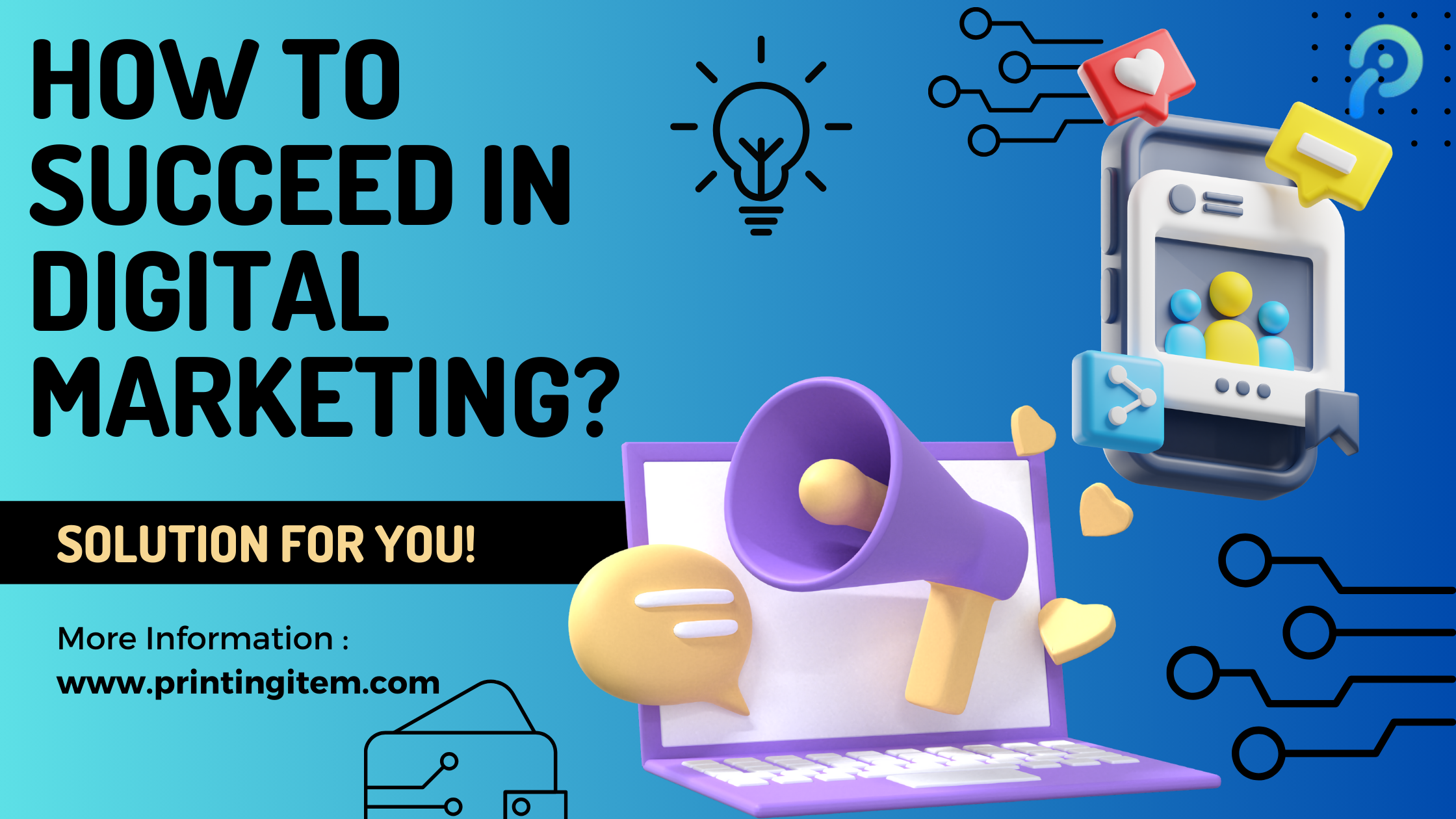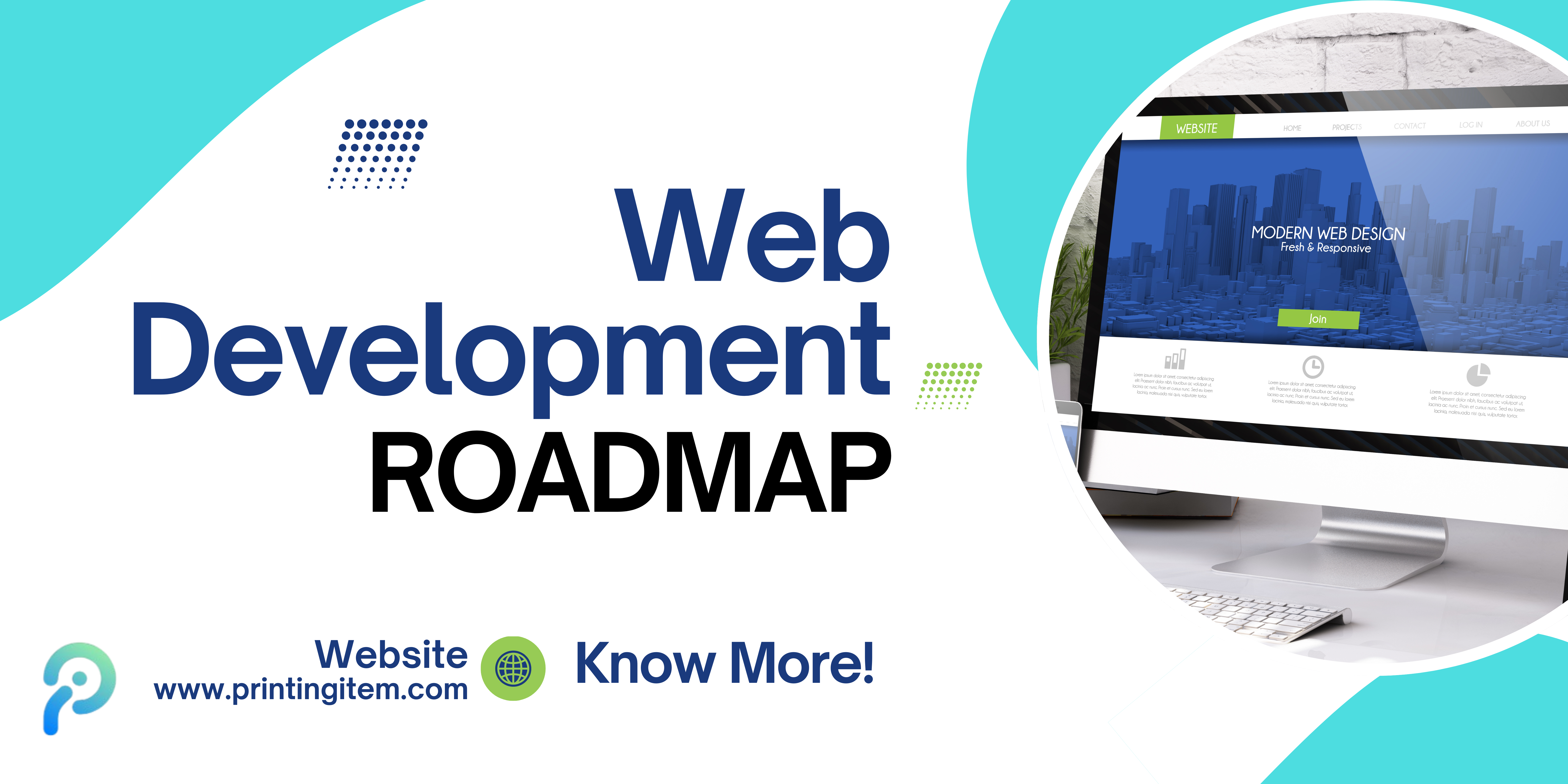
The consulting industry will continue to experience fairly rapid evolution up to the year 2030, impelled by technological progress, changes in the expectations of clients, and global market dynamics. In a dynamically changing environment, the ability of consulting firms to emerge as winners will depend on their reworking strategies and adopting newer ways to develop their businesses. This in-depth guide will explore in great detail major growth strategy trends, emerging trends, and actionable insights for successful consulting firms in the coming decade.
Understanding the Current Landscape
The State of the Consulting Industry
The consulting industry had a progressive decade. With recent reports indicating that the global management consulting market is supposed to reach approximately $650 billion by 2030, it is very evident that an ever-growing demand for specialized expertise in fields such as digital transformation, sustainability, and strategic planning has contributed to this growth.
Key Drivers of Change
Technical Change: Automation, AI, and data analytics are transforming day-to-day consultancy operations. In fact, such tools enable the consultant to provide faster and more efficient data-driven solutions to clients.
Client Requirements: Consulting companies are increasingly being required to offer solutions tailored to a client's particular issue. This trend requires abandoning the one-size-fits-all approach in favor of a value proposition targeted towards a person.
Globalization: With firms spreading globally, the biggest challenges faced by consulting firms are related to legal regulatory environments and cultural issues. The dynamics must be understood if one aims for good results.
Sustainability: With environmental issues gaining importance, most firms are adopting sustainability consulting to establish sustainable operations. A consulting firm that focuses on sustainability in terms of offering services will have a competitive advantage.
Key Growth Strategies for Consulting Firms
1. Digital Transformation
Apply Technology
The firms also need to invest in technologies that make them more efficient in service delivery. AI and machine learning are useful in the analytical processing of large volumes of information and can be used to get actionable insights that help make better decisions. Predictive analytics can help firms predict what their clients will be in need of, making the consulting proactive.
Develop Digital Solutions
Diversification of revenue streams can also be through the creation of digital products, whether they be software tools or mobile applications. The onboarding of such tools into operation may provide ongoing support to clients and thereby offer relationships that are not as transactional in nature as is usually seen in project-based engagements.
2. Focus on Niche Markets
Identification of Niche Area
Consulting companies need to look at those niche areas where their expertise could yield better returns. Businesses can establish themselves by focusing on particular industries or problems: cybersecurity, sustainability, strategies for remote work.
Pander Services to Client Needs
Direct insight into the specific needs of a target market enables consultants to provide tailored solutions. The resulting specialist expertise often creates a virtuous cycle of loyal, referring clients and thereby supports longer-term business growth.
3. Forge Strategic Partnerships
Collaboration with Other Firms
Strategic partnerships formed with other consulting firms or sector participants provide the opportunity for an expanded service offering and increased client reach. Collaboration is likely to enhance credibility, especially when entering new markets.
Utilize Technology Partnerships
The partnership with the provider of technology can develop the capabilities of the firm. For example, partnering with AI firms improves service delivery and provides innovative solutions to the clients that help them advance the operations of their companies.
4. Investment in Talent Development
Culture of Continuous Learning and Development
The consulting industry is under continuous evolution; therefore, education must be a never-ending process. Consulting firms must invest in training programs that help the consultants keep up to date with the latest trends, technologies, and methodologies.
Attract the Best Talent
The talent pool should be solid enough to support long-term growth. Guarantee a competitive salary, flexible working, and avenues for professional growth that will help attract and retain quality consultants.
5. Enhance Client Engagement
Personalize Client Relationships
A need exists to develop very strong relationships with the clients. Every effort must be made by the firms to ensure personalized communication at the highest level and customize services to individual needs of each client. Regular check-ins and feedback loops are useful in maintaining engagement and satisfaction.
Leverage Data Analytics
Analytics can reveal data about client behavior and preference. Firms analyze this data to anticipate their clients' needs and provide solutions proactively in order to cement the relationship with them.
6. Execute Content Marketing
Thought Leadership
High-quality content creation, such as blogs, whitepapers, and case studies, will help position the consulting firm as an industry leader. Sharing insights into emerging trends and best practices attracts probable clients and helps build credibility.
Search Engine Optimization
Investing in SEO makes sure the right content meets the right audience. Relevant keywords, meta tags, and backlinks help you rank higher in search engines.
7. Adopt Agile Methodologies
Agile Practices in Use
Agile practices will go a long way toward improving the management and delivery of the project in question. Consulting firms embrace flexibility and iteration to cope actively with ever-changing client priorities and shifting marketplace dynamics.
Establish an Ecosystem Where Innovation Thrives
The culture of innovation within the firm inspires creativity in problem-solving and the delivery of improved service offerings. Regular brainstorming sessions and workshops inspire the creation of more ideas and solutions.
Emerging Trends Shaping the Future of Consulting
1. Rise of Remote Work
COVID-19 increased the adoption of work-from-home culture and is likely to go further. Consulting firms must adopt remote models for engagement by leveraging technology in working effectively with clients and team members.
2. More Emphasis on Diversity and Inclusion
The emphasis on diversity and inclusion is an issue gaining traction among clients in their operations. Consulting firms that reinforce these values are most definitely going to be in better positions in regards to credibility and perhaps even winning clients with similar objectives.
3. Sustainability as Core Offering
Sustainability consultancy has started to become a critical service as businesses look to minimize environmental impact. Firms that embed sustainability in their core offerings will be attractive to clients wanting to adopt responsible best practices.
4. Integration of AI and Automation
AI and automation can help in smoothening and refining consulting processes. Automation of routine tasks will further free the consultant to focus on high-value addition activities which require human insight and imagination.
5. Data-Driven Decision Making
With data becoming increasingly significant in decision-making, consulting firms offering data analytics services can assist clients with actionable insights, therefore, adding value to their service offerings.
Actionable Insights for Consulting Firms
1. Conduct Market Research
Keep your finger on the pulse of market trends and client needs in pursuit of growth opportunities. Analyzing the competitive landscape will allow the firm to position itself accordingly and leverage such emerging demand.
2. Define Your Value Proposition
Outline a well-defined value proposition that describes unique strengths and offerings of your firm. Elaborate on those specific pain points that your services will resolve for clients, quantifying such outcomes.
3. Relationship Development
Invest time in relationship building with clients through regular communications, soliciting feedback, and follow-up. That helps to build trust and loyalty for repeat business and referrals.
4. Monitor Industry Trends
Keep updated on happenings in the industry, changing trends, and client expectations. Go through strategy revisions regularly to make sure they are always up to evolving market dynamics.
5. Embrace Innovation
Encourage innovation in your firm through active brainstorming of new ideas, trying new ways of accomplishing tasks, and openness to feedback for continuous improvement.
Conclusion
As the year 2030 approaches, consulting companies have to take conscious steps to address the dynamics and changing expectations of their clients. With digital transformation, focused niches, investment in people's development, and strategic partnerships, consulting firms will be well-placed to sustain growth.
Emerging trends, technologies, and innovations all provide the clues to succeed. By keeping client engagement front and center, consulting firms will continue to grow while fostering strategic relationships that move them into and beyond the challenges of the future.
Consulting firms have been agile as part of these growth strategies; hence, they will lead the complexities of the forthcoming decade. The future is bright for those willing to adapt and innovate toward change.






































